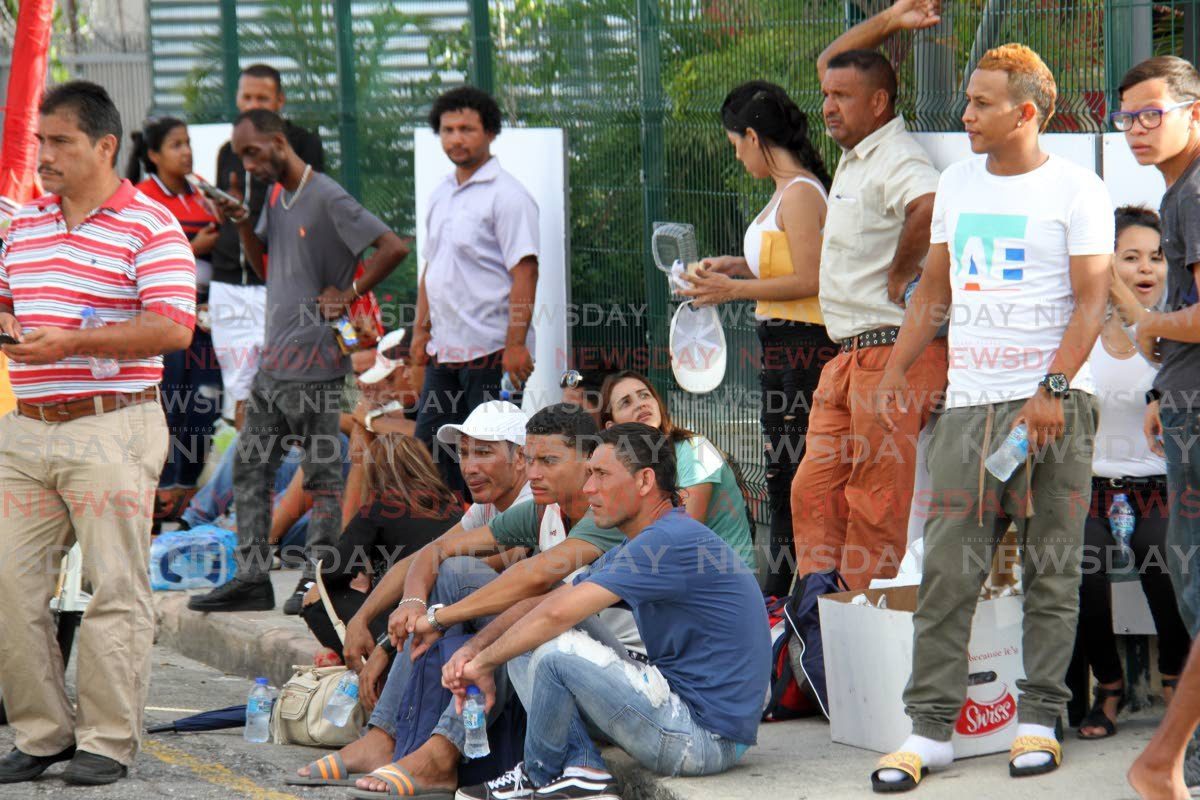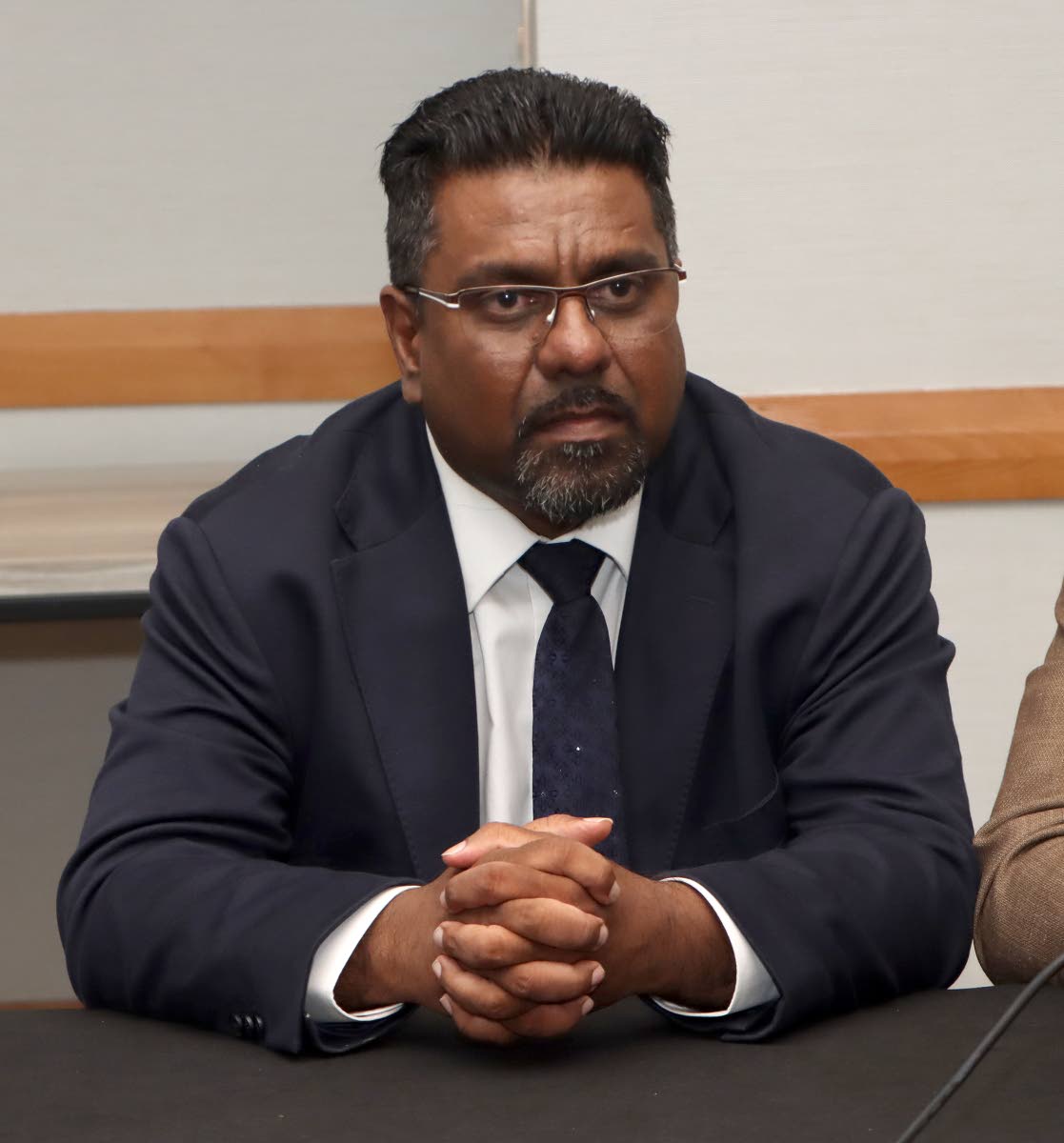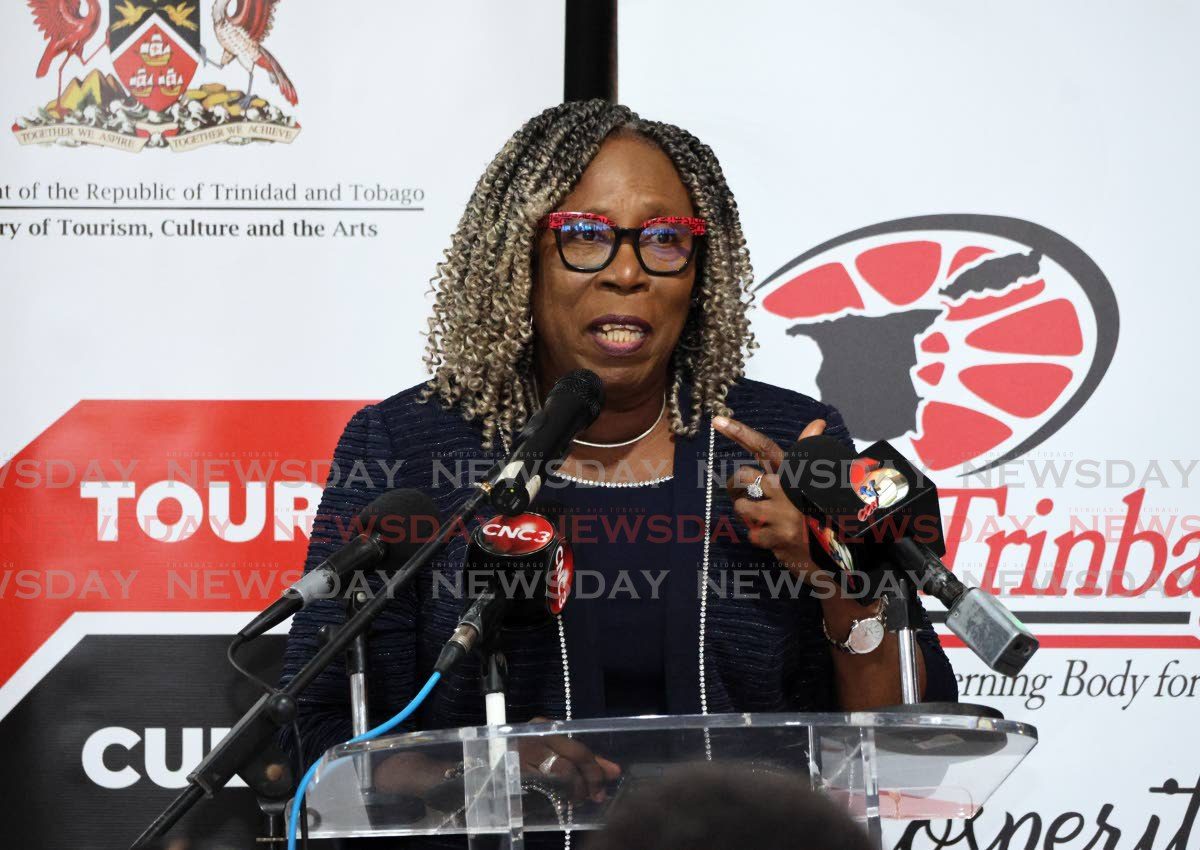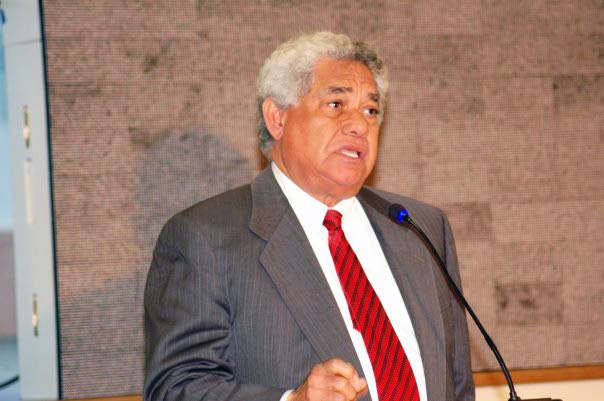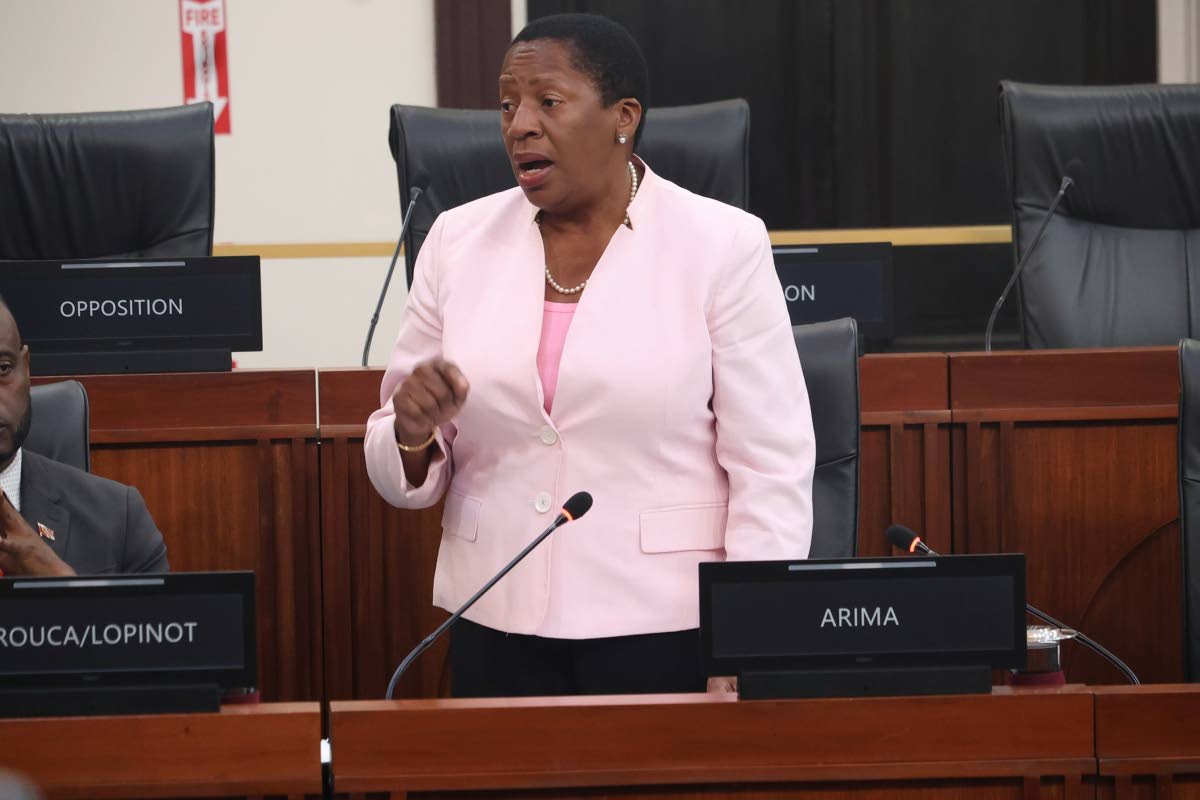Trinidad and Tobago’s migrant population is expressing growing concerns over the government’s newly announced Migrant Registration Framework (MRF), citing insufficient information and communication gaps that have created widespread anxiety and confusion.
The framework, established through Legal Notice 470 in late 2025, aims to provide undocumented migrants—not exclusively Venezuelans—with legal status to reside and work in the country from January 1 through September 30, 2026. However, with the Ministry of Homeland Security yet to publish formal requirements, implementation phases, or specific timelines, uncertainty continues to mount within vulnerable communities.
Andreina Briceno Ventura-Brown, founder of La Casita Hispanic Cultural Centre, emphasized that while migrants have responded receptively to the initiative, the absence of clear official guidance has fostered misinformation and distress. She highlighted that the registration represents a vital opportunity for thousands to regularize their status, access dignified employment, and achieve social inclusion without fear of persecution.
A significant information disparity has also emerged between Spanish-speaking migrants, who are actively preparing for the process, and English-speaking migrants from other Caribbean nations, many of whom remain unaware of their potential eligibility. Additionally, families with existing deportation orders fear exclusion from the program, raising concerns over transparency and equitable treatment.
Ventura-Brown urged authorities to enhance official communication, clarify eligibility criteria, and ensure the process aligns with principles of human dignity, due process, and equality. Yesenia Gonzalez, a Venezuelan activist, echoed these concerns, noting that many fear registration could lead to deportation or detention.
Attempts to reach Foreign and Caricom Affairs Minister Sean Sobers for comment were unsuccessful. The situation underscores the critical balance between national security priorities and humanitarian obligations in migration policy.
